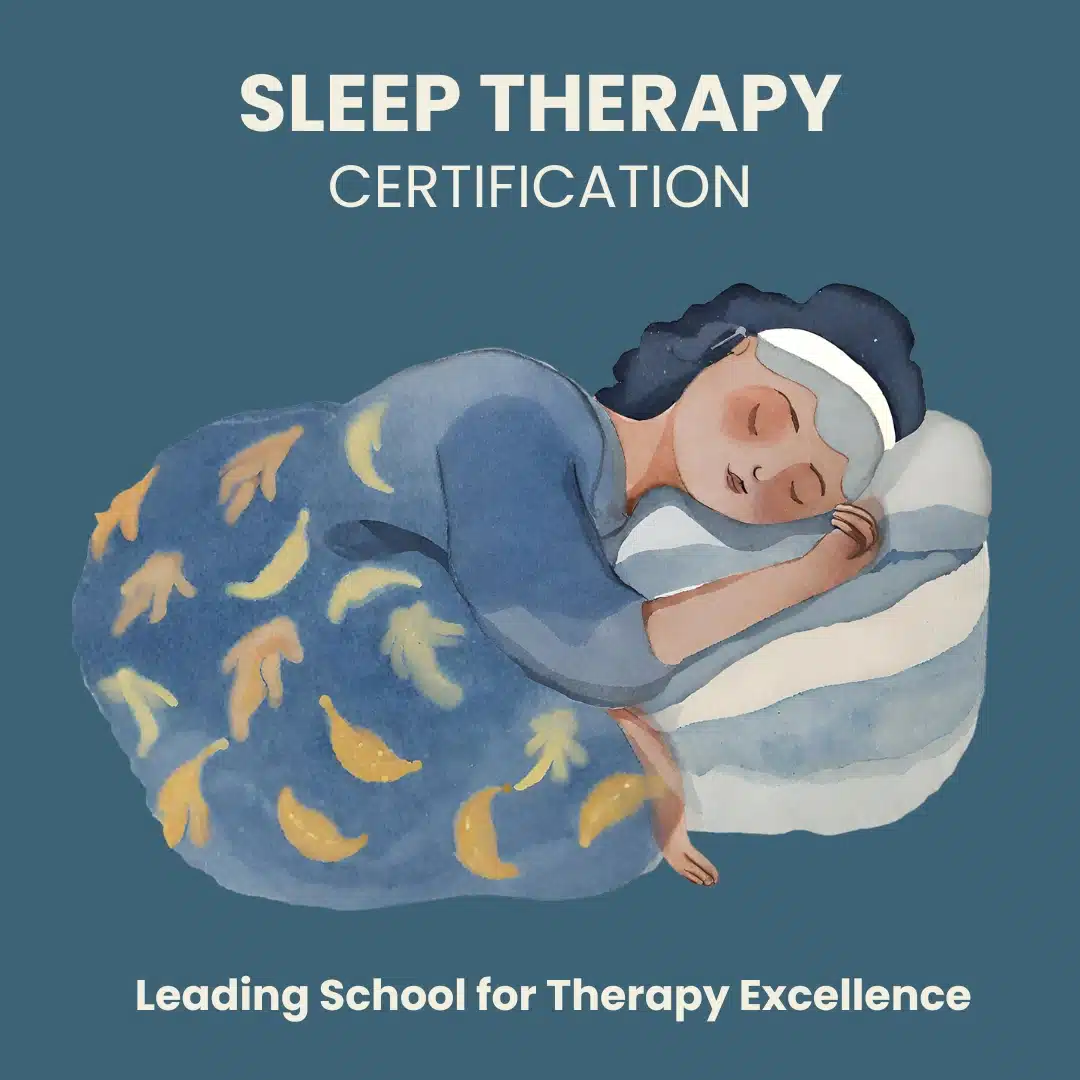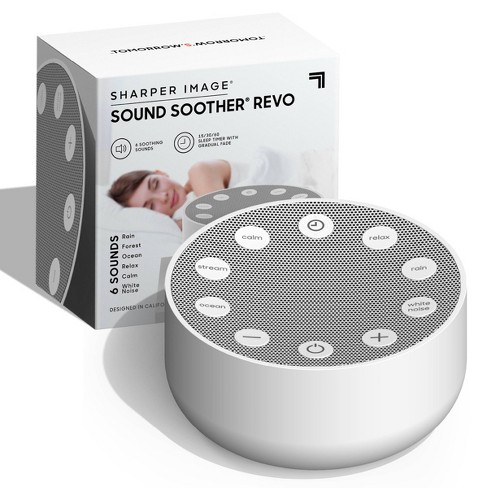Advanced Sleep Therapy - Attain Deep, Relaxed Sleep
Effective Treatment Solutions for Managing Rest Disorders and Enhancing Relaxed Sleep
In the world of medical care, the monitoring of sleep disorders and the quest for peaceful sleep are crucial elements of total well-being. Efficient treatment solutions provide a multifaceted approach to deal with these challenges, varying from cognitive behavior interventions to alternative methods that promote leisure and mindfulness. The exploration of numerous methods, consisting of the combination of medication and light therapy, opens a realm of possibilities in the pursuit of much better rest quality. As we navigate the intricate landscape of rest conditions and look for to enhance our rest experience, a deeper understanding of these therapy services may hold the secret to opening a more refreshing and satisfying restorative trip.
Cognitive Behavior Therapy for Sleep Problems (CBT-I)
Cognitive Behavior Therapy for Insomnia (CBT-I) is an organized, evidence-based treatment technique that concentrates on resolving the hidden factors adding to sleep disruptions. This sort of therapy intends to customize actions and thoughts that intensify sleeplessness, ultimately advertising healthy and balanced rest patterns. CBT-I typically includes a number of essential components, including cognitive therapy, sleep limitation, stimulus control, and rest health education and learning.
Cognitive treatment helps people identify and change unfavorable idea patterns and ideas concerning rest that may be hindering their capability to drop or remain asleep. Rest limitation includes limiting the quantity of time spent in bed to match the individual's real rest period, therefore raising rest performance (sleep deprivation help). Stimulation control strategies aid develop a solid association in between the bed and rest by motivating individuals to head to bed just when sleepy and to avoid participating in stimulating activities in bed
Moreover, sleep health education concentrates on developing healthy sleep practices, such as keeping a constant sleep timetable, developing a relaxing going to bed regimen, and maximizing the rest atmosphere. By dealing with these elements comprehensively, CBT-I offers an efficient non-pharmacological intervention for handling insomnia and boosting total rest high quality.
Sleep Hygiene Practices
Having actually established the foundation of cognitive restructuring and behavioral alterations in resolving sleeplessness through Cognitive Behavior modification for Sleeplessness (CBT-I), the focus currently moves towards checking out important Sleep Hygiene Practices for keeping optimal sleep quality and total health.
Rest hygiene methods encompass a series of practices and environmental variables that can considerably impact one's capability to drop off to sleep and remain asleep throughout the evening. Regular rest and wake times, creating a relaxing bedtime routine, and enhancing the rest environment by keeping it dark, peaceful, and cool are crucial elements of excellent sleep health. Limiting exposure to displays before bedtime, staying clear of stimulants like high levels of caffeine close to going to bed, and participating in normal physical activity throughout the day can likewise advertise better sleep top quality.
Moreover, practicing leisure methods such as deep breathing exercises or reflection before bed can help relax the mind and prepare the body for rest. By incorporating these sleep health techniques into one's day-to-day routine, people can establish a healthy and balanced sleep pattern that supports relaxed sleep and general wellness.
Relaxation Methods and Mindfulness
Applying relaxation strategies and mindfulness methods can play a critical function in cultivating a feeling of calmness and promoting quality sleep. In addition, assisted images can aid transport individuals to a calm place in their minds, assisting in anxiety decrease and boosting rest quality.
By including these practices into a bedtime routine, people can indicate to their bodies that it is time to prepare and relax for rest. In general, integrating relaxation techniques and mindfulness methods can considerably add to managing rest problems and boosting overall sleep quality.

Medicine Options for Rest Disorders
After checking out leisure methods and mindfulness techniques as non-pharmacological interventions for boosting sleep quality, it is crucial to consider medicine choices for people with helpful resources sleep conditions. In instances where way of life modifications and therapy do not provide adequate relief, medication can be an important tool in handling rest disruptions.
Typically prescribed medications for sleep disorders consist of benzodiazepines, non-benzodiazepine hypnotics, antidepressants, and melatonin receptor agonists. Benzodiazepines, such as diazepam, are sedatives that can assist induce sleep, yet they are typically advised for temporary use as a result of the threat of dependence. Non-benzodiazepine hypnotics like zolpidem are additionally utilized to treat sleep problems and have a lower danger of dependancy contrasted to benzodiazepines. Antidepressants, such as trazodone, can be advantageous for people with co-occurring depression and rest disruptions. Melatonin receptor agonists, like ramelteon, target the body's natural sleep-wake cycle and can be valuable for controling sleep patterns.
It is crucial for people to speak with a health care carrier to figure out the most proper medication alternative based upon their certain sleep disorder and case history.
Light Treatment for Body Clock Policy
Light therapy, likewise understood as phototherapy, is a non-invasive treatment technique made use of to regulate circadian rhythms and boost sleep-wake cycles. This treatment involves direct exposure to intense light that mimics all-natural sunlight, which aids to reset the body's internal clock. By revealing individuals to specific wavelengths of light, typically in the morning or night depending upon the wanted effect, light therapy can successfully adjust the body clock to advertise wakefulness throughout the day and improve peaceful rest at evening.
Research has actually shown that light therapy can be particularly useful for people with body clock conditions, such as postponed sleep stage disorder or jet lag. It can likewise be handy for those experiencing seasonal depression (SAD), a kind of clinical depression that commonly occurs throughout the winter season months when all-natural light exposure is decreased. Light treatment is generally well-tolerated and can be made use of combined with various other treatment techniques for rest disorders to optimize results and enhance total rest quality.
Final Thought
To conclude, effective therapy services for taking care of rest disorders and boosting relaxed sleep consist of Cognitive Behavior modification for Sleeping Disorders (CBT-I), rest health methods, leisure methods and mindfulness, medicine options, and light treatment for body clock regulation. These approaches can help individuals improve their sleep quality and overall health. It is important to seek advice from a health care company to determine one of the most suitable approach for addressing sleep concerns.
As we browse the intricate landscape of rest problems and seek to boost our sleep experience, a deeper understanding of these therapy solutions may hold the trick to unlocking a more refreshing and meeting restorative journey.
Sleep limitation involves restricting the quantity of time spent in bed to match the individual's actual rest duration, consequently enhancing rest performance. Constant her latest blog rest and wake times, creating a relaxing bedtime routine, and optimizing the sleep setting by keeping it dark, peaceful, night terrors in adults and cool are essential components of great sleep health. Light treatment is typically well-tolerated and can be made use of in combination with other therapy techniques for sleep disorders to optimize end results and enhance general sleep quality.
